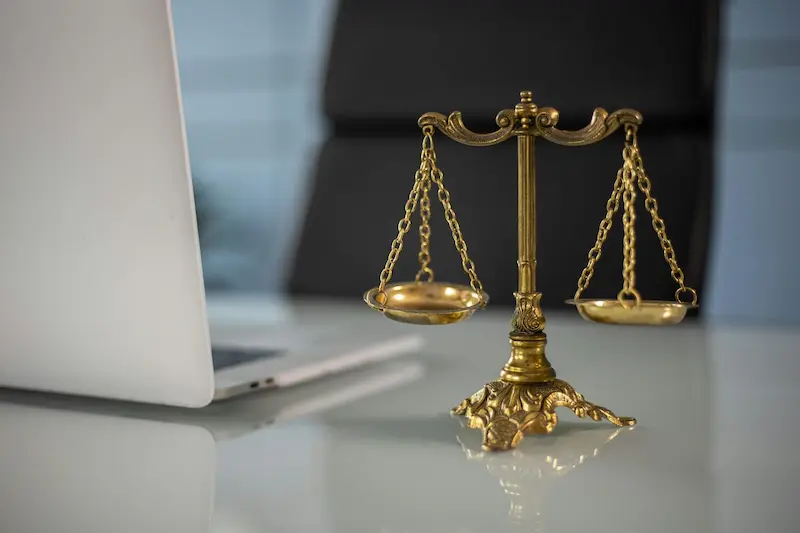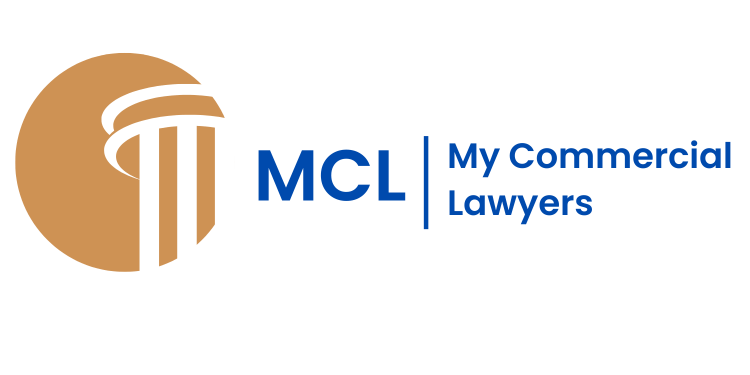What Are The Defences To Criminal Liability Within UK Law?
When the Serious Fraud Office arrives at your company headquarters unannounced, the consequences can be devastating. Regulatory prosecutions against UK businesses have surged, with companies facing potential fines, director disqualification, and reputational damage for breaches of statutory duties.
From health and safety failings in construction to environmental violations and financial compliance issues, businesses across all sectors must navigate an increasingly complex legal landscape. Understanding the defences available to criminal liability represents vital protection that could safeguard your company’s future.
If your business is facing regulatory investigation or criminal prosecution, contact our specialised legal team at My Commercial Lawyers for strategic guidance and robust defence representation.

What Legal Arguments Defend Against Criminal Liability in the UK?
Criminal defences in UK law fall into two distinct categories: general defences available to all defendants and corporate-specific defences designed for business entities. Understanding both types is crucial for comprehensive legal protection.
General Defences
These primarily challenge the mens rea (guilty mind) element that prosecutors must establish beyond reasonable doubt. While typically applied to individuals, they remain relevant to corporate liability since company liability often depends on the actions and intent of people acting on its behalf.
- Mistake applies when the accused genuinely believed their actions were lawful, negating criminal intent.
- Duress and necessity apply when crimes are committed under threat from another person or to prevent more serious harm, with the key test being whether the response was reasonable and proportionate.
- Self-defence allows the use of reasonable and necessary force to protect oneself, others, or property from immediate threats.
- Automatism covers situations involving total loss of voluntary control, though this must be complete rather than partial impairment.
- Intoxication applies when alcohol or drugs prevented the defendant from understanding the nature of their actions.
- Insanity applies where mental illness prevented understanding of the act’s nature or that it was wrong.

Corporate-Specific Defences
The most significant defence for businesses facing regulatory prosecution is demonstrating that ‘adequate’ and ‘reasonable’ procedures were in place to prevent criminal conduct. This statutory defence has become the cornerstone of corporate criminal liability under the “failure to prevent” model.
Three critical “failure to prevent” offences dominate the corporate landscape.
- Under the Bribery Act 2010, companies face strict liability when associated persons commit bribery for the company’s benefit but have a complete defence if they maintained “adequate” anti-bribery procedures.
- The Criminal Finances Act 2017 created similar liability for facilitating tax evasion, with a defence requiring “reasonable” prevention procedures.
- Most recently, the Economic Crime and Corporate Transparency Act 2023 introduced “failure to prevent fraud” for large organisations, again with a “reasonable procedures” defence.
The distinction between ‘adequate’ and ‘reasonable’ procedures reflects changes in legislation, though both standards demand robust, proportionate compliance programmes tailored to the organisation’s size, sector, and risk profile.
Government guidance exists for each offence, detailing what constitutes effective prevention procedures. These defences place prevention at the heart of corporate criminal law. Companies can no longer rely on reactive measures but must proactively build compliance systems that demonstrate a genuine commitment to preventing criminal conduct.
What Are the Three Types of Criminal Offences in the UK?
- Summary Only offences represent the least serious crimes. Handled exclusively in Magistrates’ Courts with maximum sentences typically capped at six months’ imprisonment. Common examples include most motoring offences and minor criminal damage.
While less common in corporate prosecutions, businesses may face summary offences for minor regulatory breaches.
- Either Way offences cover a broad spectrum of seriousness and can be tried in either Magistrates’ Courts or Crown Courts. Examples include theft, burglary, and assault occasioning actual bodily harm.
The procedure involves a “mode of trial” hearing where magistrates assess whether their sentencing powers (up to 12 months for multiple offences) are sufficient. If not, or if the defendant chooses, the case moves to the Crown Court. Many financial crimes affecting businesses fall into this category.
- Indictable Only offences encompass the most serious crimes, which must be tried in Crown Courts before a judge and jury after initial hearings in Magistrates’ Courts. Examples include murder, manslaughter, and robbery.
For businesses, the most severe forms of fraud and complex economic crimes prosecuted by bodies like the Serious Fraud Office typically fall into this category.

What is White Collar Crime and Why Should Businesses Care?
White collar crime encompasses non-violent, financially motivated offences committed by professionals in business, government, or occupational roles. Coined by sociologist Edwin Sutherland in 1939, the term describes crimes characterised by deceit, concealment, or breach of trust rather than physical violence. When committed systematically to benefit a company, it becomes corporate crime.
The scope includes bribery and corruption, cybercrime, embezzlement, fraud, identity theft, insider trading, money laundering, and theft. Modern technology has transformed these crimes, with over 80% of fraud cases now facilitated by cyber technology and more than 70% having overseas connections, creating complex jurisdictional challenges.
The scale is staggering. According to the Crime Survey for England and Wales, fraud accounts for an estimated 41% of all recorded crime, with 3.2 million fraud offences reported for the year ending March 2024. The National Crime Agency warns that white collar crime is a significant threat to individuals, businesses, and the broader economy.
From a corporate perspective, businesses face a critical dilemma when discovering internal wrongdoing. While handling matters internally might avoid regulatory scrutiny, failing to report criminal conduct can lead to severe consequences if discovered later by authorities. Authorities increasingly favour companies that proactively self-report and cooperate with investigations.

What is the Most Common Defence to Criminal Liability?
For businesses facing regulatory prosecutions, the “adequate procedures” defence has become the most significant and commonly relied upon protection. Companies can achieve complete defence against these serious charges by demonstrating they had robust prevention procedures in place before any wrongdoing occurred. This defence shifts the focus from reactive punishment to proactive prevention, making it essential for businesses to establish comprehensive compliance programmes that can withstand regulatory scrutiny.
Our team of solicitors and barristers specialise in regulatory investigations and criminal prosecutions, providing early legal advice, comprehensive case investigation, and expert court representation when your business needs it most. Contact us today and get the advice and support you need.

